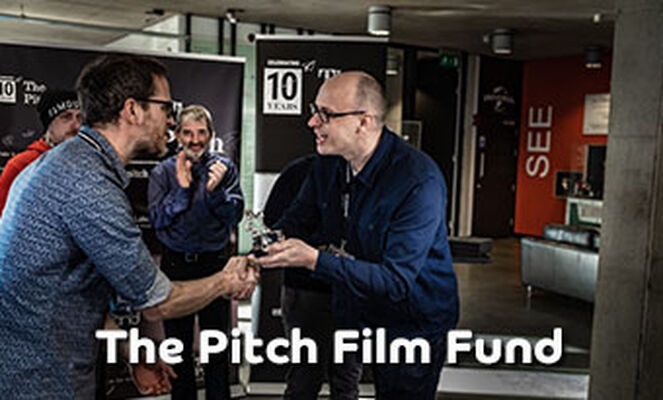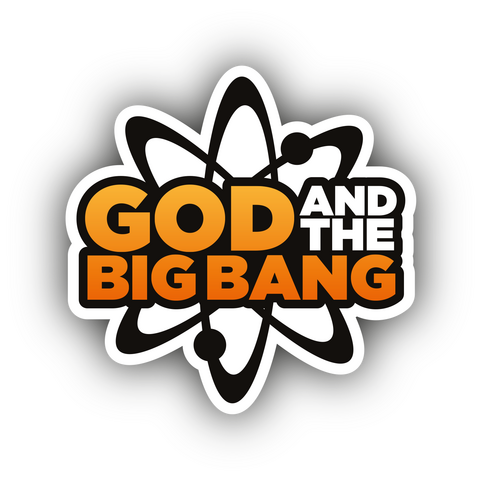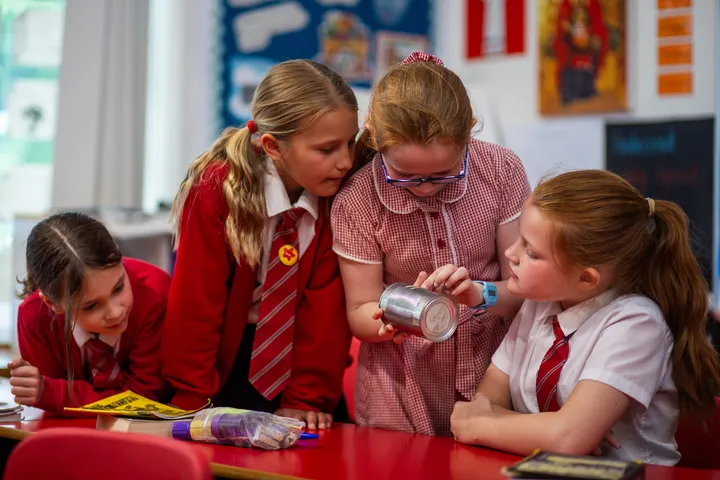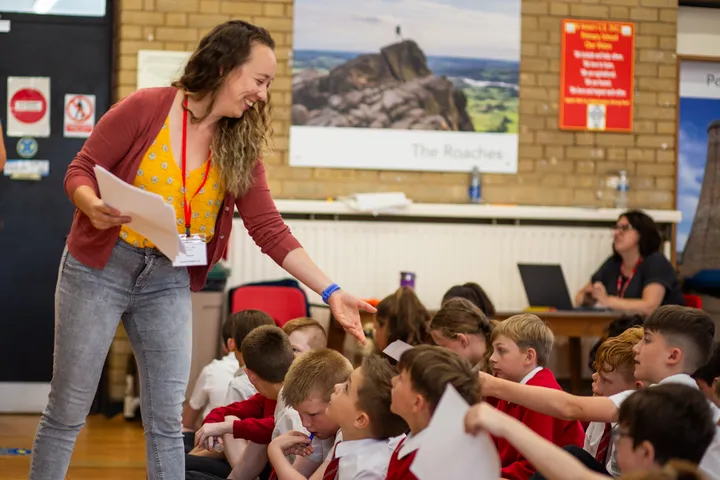God and the Big Bang
Next Generation
God and the Big Bang has 10 years of experience engaging students with questions of science and faith. Initially, science-faith communicators used the ‘deficit’ model of communication, with a ‘we tell, they listen’ approach. The ‘deficit’ model results in a low-impact, distant interaction between communicator and participant, which results in the continued public perception of a conflict between science and faith.
This project helps young people develop new, meaning-related tools which will build their understanding that there are ways of connecting themselves, and all the uncertainty they live with about the world, with solid knowledge from science and faith communities.
Over 12 months, we would like to recruit 30 new science-faith communicators, predominantly students or early career scientists, to be trained up as the ‘Next Generation’. Communicators will be equipped with a deeper understanding of areas of philosophy and history of science, the nature of critical realism as a base for authentic dialogue, some skills in classroom management, facilitation of discussion and confidence in being open to questions. They will be invited to take part in a theology training programme so that the quality of our interdisciplinary approach to key questions and topics is strengthened.
130 workshop events will be delivered in schools, churches and cathedrals across the UK, providing a training ground and deployment opportunity for science-faith communicators. Children and young people will be given the all-important tools they need in order to form their own opinions and engage in rational, well reasoned discussion about the place of science in thinking about their place in the world.
The content of the workshop sessions will be developed to facilitate dialogic learning on key concepts where science and faith collide. With input from educational experts from leading universities, the sessions will be structured around pedagogical techniques which draw out pupil voice. Communicators will be trained to build a bridge between themselves and students, open a window of new information to stimulate and then guide them through a door into dialogic interaction. They will be challenged and developed to take student voice seriously in the act of communication, modelling humility, curiosity and vocation in a way that enriches the experience for all.
Pre and post event surveys will be taken by children and young people taking part in workshop events. The surveys will ask students to come to a conclusion on different statements relating to the compatibility between science and faith, including ‘science makes it difficult to believe in God’. The data from these surveys will be used to assess whether students are being positively impacted by taking part in the events. Student voice data generated during the workshop sessions will be recorded and stored. This will be analysed thematically to see how students are responding to the science-faith communication they are engaging in. The data will indicate how students are engaging in debate on key topics and indicate the typical views of children and young people within science-engaged theology.
We have identified an opportunity to help young people develop new, meaning-related tools which will build their understanding that there are ways of connecting themselves, and all the uncertainty they live with about the world (including the question of God), with solid knowledge from both the science and faith communities.




